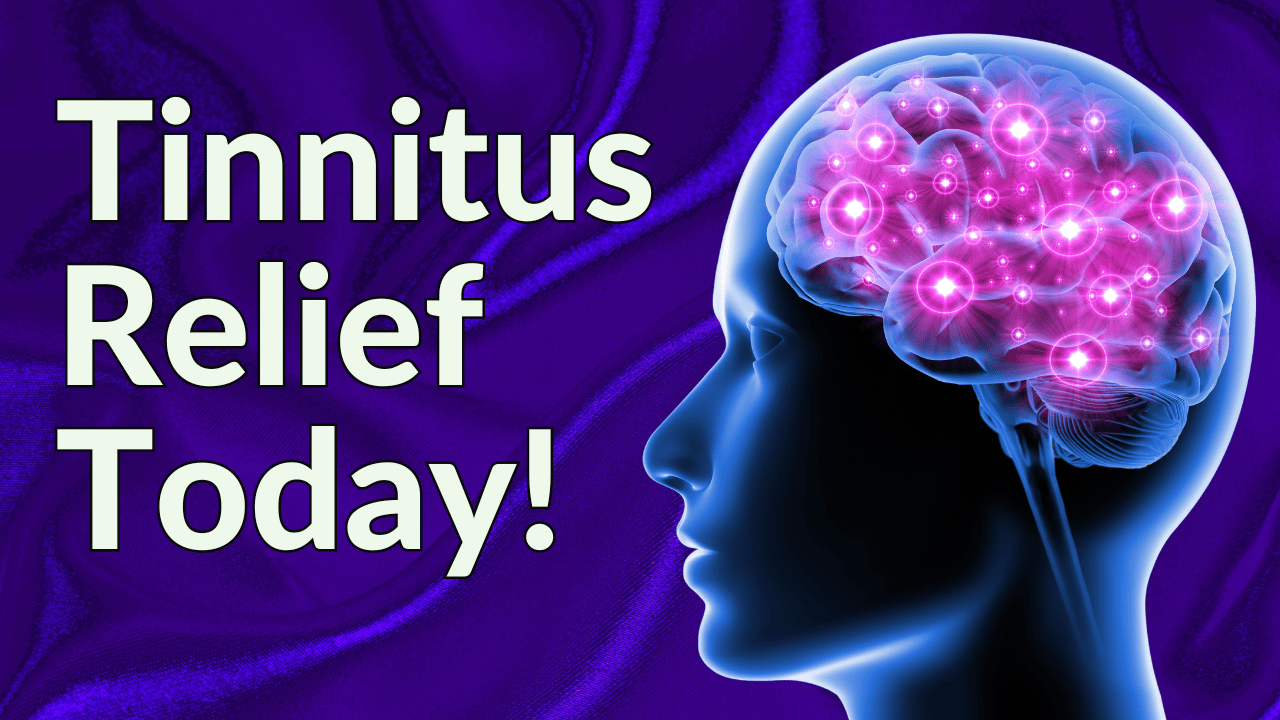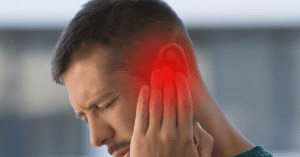Pulsatile tinnitus is a medical condition where you hear a noise or sound from your body that is synchronized with your heartbeat and cardiovascular system. Thus, pulsatile tinnitus is not always caused in the ear. This article will cover the symptoms, potential causes, and possible treatments for pulsatile tinnitus.
Where Does Pulsatile Tinnitus Come From?
Pulsatile tinnitus is a medical condition where one hears noises coming from somewhere in the ear, head, or body that are synchronized with one’s heartbeat. These sounds often follow the pulse of one’s heartbeat, hence the term “pulsatile.” Pulsatile tinnitus often sounds like a whooshing or swishing noise with rhythms or natural fluctuations. Typically, it’s louder when one is in a quiet place absent from other distracting noises.
"Treble Health helped me reduce my tinnitus by about 80%, and now I can live my life again!"


"Treble Health helped me reduce my tinnitus by about 80%, and now I can live my life again!"
– Steve D.
Book a free consultation to learn which Treble Health solution is right for you. Join Steve and thousands more who have found lasting tinnitus relief.
Pulsatile tinnitus is usually perceived either unilaterally or just in one ear, and it’s considered a rarer type of tinnitus. Tinnitus is most commonly perceived as a high-pitched ringing or buzzing sound in the ears. Pulsatile tinnitus is distinctly different, but fortunately in about 70% of cases a medical team—which can include a primary doctor, an ear, nose, and throat doctor, a neurologist, or sometimes a cardiologist—can diagnose the cause and treat it effectively.
Common Symptoms Of Pulsatile Tinnitus
The first symptom patients may experience is hearing a consistent noise in the ear that seems to match the fluctuation of the heart. This can sometimes take the form of a swishing sound, or even the heartbeat itself. Other common symptoms include headaches and lightheadedness.
Diagnosing pulsatile tinnitus typically proceeds from a few tests: first a hearing test, which is then sometimes followed by an MRI or a CT imaging study. Blood tests also might be needed to help understand the relationship between the cardiovascular system and the ear. It’s also important to consider if you have experienced any vertigo, dizziness, ear pain, or hearing loss—if any of these are present, then the condition may be related more to the ear than the cardiovascular system.
What Is The Most Common Cause Of Pulsatile Tinnitus?
The potential causes of pulsatile tinnitus can be largely separated into seven discrete causes. The first cause is that abnormal vascular conditions are adversely affecting the membrane layers covering the brain. The second cause involves irregular blood vessels in the carotid artery, which is the pathway in which blood travels from the heart to the head. Both of these potential causes of pulsatile tinnitus are related to the cardiovascular system, which involves the flow of blood as it goes out and comes in, either from the heart to other parts of the body, or from other parts of the body—like the ears—to the heart.
The third cause involves pressure on myofascial points in the neck or the face. Sometimes different trigger points in the muscles can cause pulsatile tinnitus. Specific eye movements might also trigger it, as well as certain muscle contractions in the neck or jaw area.
The fourth cause involves an abnormal growth in the hearing system, where part of the hearing organ (like the eardrum or hearing nerve) has some sort of physical abnormality that’s causing the pulsatile tinnitus. This diagnosis would be identified by imaging studies ordered by a doctor.
The fifth cause involves an inner ear condition called a canal dehiscence, which is related to the vestibular function of the inner ear. The sixth cause involves intracranial pressure, or pressure inside of the head. This can be caused by a condition of the veins that bring used blood back from the head into the heart.
The seventh potential cause involves something called a patulous Eustachian tube. The Eustachian tube is a passageway that connects from the back of the throat up into the nose and behind the eardrum. When we feel pressure in our ears and blow out to fix it, that process sends air through the Eustachian tubes to “pop” the eardrums. Under normal circumstances, the Eustachian tube will remain closed when there’s no air blowing through it, but sometimes people have a Eustachian tube that stays open when it’s not supposed to, leading to perception of pulsatile tinnitus.
The different causes of pulsatile tinnitus covered above are not exhaustive, and the only way for patients to know what is causing pulsatile tinnitus is by working with a medical team to help diagnose one’s particular condition.
Treatment Options For Pulsatile Tinnitus
The effectiveness of pulsatile treatment tinnitus depends on the cause, which can be incredibly varied. Treatment may involve medication or changes to diet and exercise habits. In some instances, it may also involve a surgical procedure to remove a physical abnormality or repair a physical structure in the body, whether that’s in the ear, the hearing pathway, the head, the membranes around the brain, or the cardiovascular system.
If pulsatile tinnitus continues even after consultation with a talented medical team, it is advisable to get a second opinion from a different medical center, such as one in a big city or one with a clinic devoted to pulsatile tinnitus. If one is still left with symptoms, it then might be advisable to work with an audiologist who can administer sound therapy and tinnitus therapy, or even treat neural pathways to try and reduce the sensitivity to the sound itself.
Next Step: Book Free Consultation
- 75% of patients reduced their tinnitus within three months after following our recommendations.
- "I feel like Treble Health literally gave me my life back." - Randy S. (verified customer)
- Join thousands of people who have reduced their tinnitus after scheduling a free consultation.


















